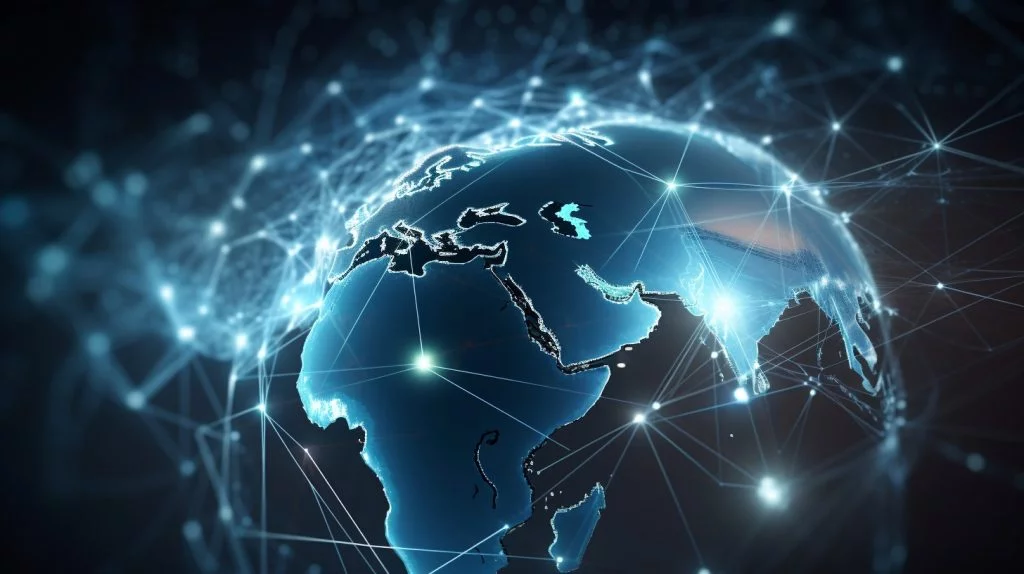
The early impact of generative artificial intelligence (AI) on recent African elections and political coups highlights a growing threat to democratic stability across the continent. While AI holds vast potential to transform sectors like agriculture, education, and governance, its rapid adoption without strong safeguards has enabled a surge of AI-driven disinformation that undermines public trust and weakens state institutions.
From Burkina Faso and Gabon to Nigeria, Senegal, and South Africa, mounting evidence shows that AI-powered propaganda campaigns are already shaping public opinion, deepening political divides, and swaying electoral outcomes. Experts caution that as these technologies become more advanced and widely available, the risks of manipulation and misuse will only escalate.
AI as the New Frontline of African Politics
Generative AI tools—ranging from deepfake video creators to synthetic text engines—are making large-scale disinformation easier than ever. They are increasingly weaponized to:
- Distort voter perceptions during election campaigns
- Fabricate false statements or speeches attributed to leaders
- Produce fake images and videos designed to spark unrest
- Amplify divisive narratives through AI-driven bot networks
The implications are severe: when citizens can no longer tell authentic information from fabricated content, trust in political institutions erodes. This fuels polarization, destabilizes fragile democracies, and creates fertile ground for unrest and coups.




